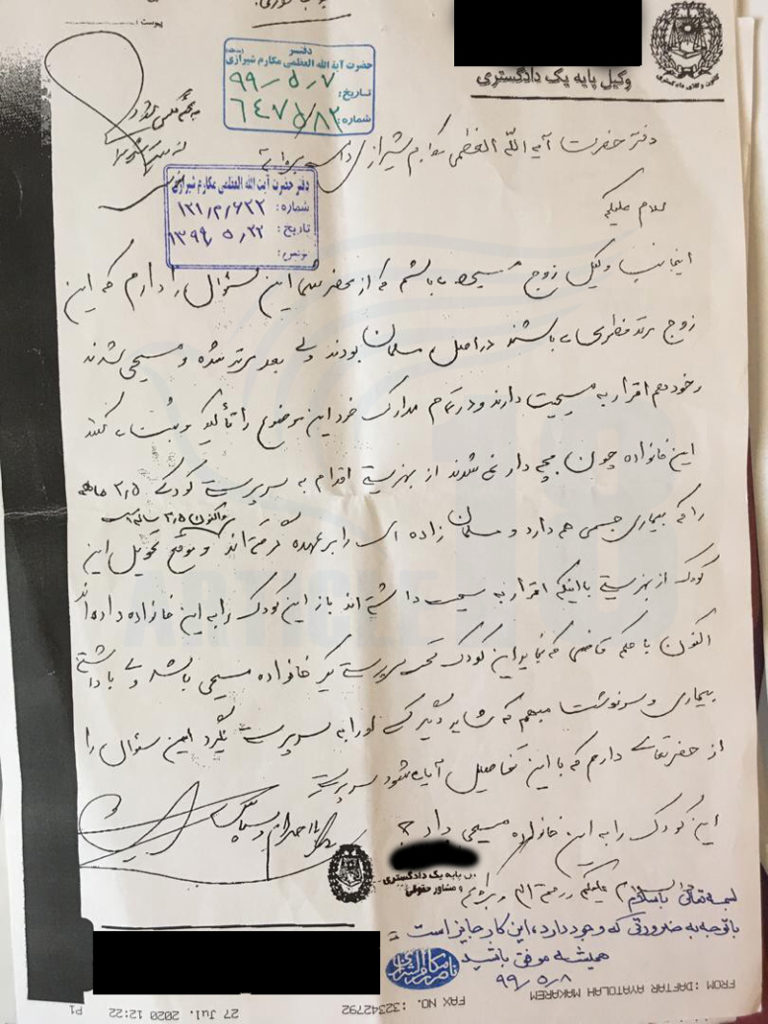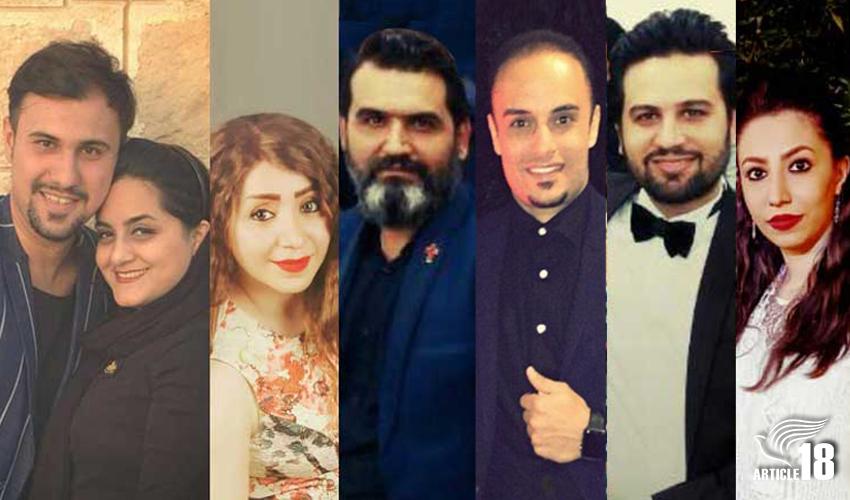Looking for effective ways to serve single moms in your church? Here are five powerful ideas.
He answered and said to them, “He who has two tunics, let him give to him who has none; and he who has food, let him do likewise.” (Luke 3:11)
Jennifer Maggio was a single, unwed mom at 15 years old. Now, years later, she’s married, has three children, a successful career, and a middle-class income. But she remembers the shame, walking away from the church as a teen, needing parenting advice, financial instruction, spiritual growth opportunities, and emotional support. In a moving portrait, Jennifer describes the life experienced by as many as 13 million single moms, 27% of whom live in poverty and 24% on government assistance, and calls the church to action to reverse the national “epidemic” of single parent homes.
We know it’s not supposed to be this way, of course. Marriages are supposed to last. Children are supposed to be loved. Maggio supplies the truth of it in a detailed chapter entitled, “What in the World is Going On”:
• In 1951, about 22% of the U.S. population lived in single-parent homes. Today, nearly 50% of babies are born into single-parent homes.
• There are over 17 million single-parent homes in the United States today; most are headed by a single mom.
• Divorce rates remain over 50%.
• Children with no father in their home are 20 times more likely to go to prison than those living with both parents.
• “We are currently seeing generations of single parents raising new generations of single parents.” (p. 49)
Maggio holds out the hope of God’s power to overcome even these harsh statistics. She points the Church to the “missing 70%” of single parents who are simply not in the church. We have to go search for them! Maggio’s church, Healing Place Church, in Baton Rouge, LA, has one of the largest single mothers support groups in the nation. Here’s a summary of some of the steps a church could take in helping single moms and starting such a ministry:
1. Go find them – lots of them — whether they are Christians or not! Create flyers about Sunday services and your single mom’s ministry and put them in housing projects, apartment complexes, daycare centers, prominently promote the ministry on the church Web site – don’t hide your interest. Open a social media page for single moms.
2. Single moms may be visiting your church but not participating. Follow the 8 steps in Maggio’s book to start a single mom’s ministry. Provide childcare and a simple meal for children at meetings – many single parents can’t get home from work, pick up a child, and feed them before the meeting.
3. Offer the top 4 areas where single moms can be served best – financial instruction, parenting advice, emotional support, spiritual growth, and then stick to the four areas! Don’t forget the gospel — these activities are outreach!
4. Inform church members of how desperately single parents need to know that they are welcome!
5. Pray. Pray. Pray. Then use a formal approach to create the ministry, even on a small budget.
Jennifer Maggio has written a compelling book with a simple goal and excellent practical advice for churches wanting to serve a growing group of families with obvious needs. She focused on single moms, but many of her principles work for single dad’s ministry as well.
Maggio means to move the church to minister in the love of Christ to parents and children who are struggling all around us. The Body of Christ is up to the task, no doubt about it. Let’s get moving! Pass it on! 
This blog post is a review of The Church and the Single Mom, a new book by Jennifer Barnes Maggio, CarePoint, Stone Mountain, GA, 2011,(Review copy provided to EvanTell by publisher.)
Read this next: How Do You Help the Single Dads in Your Church?




















